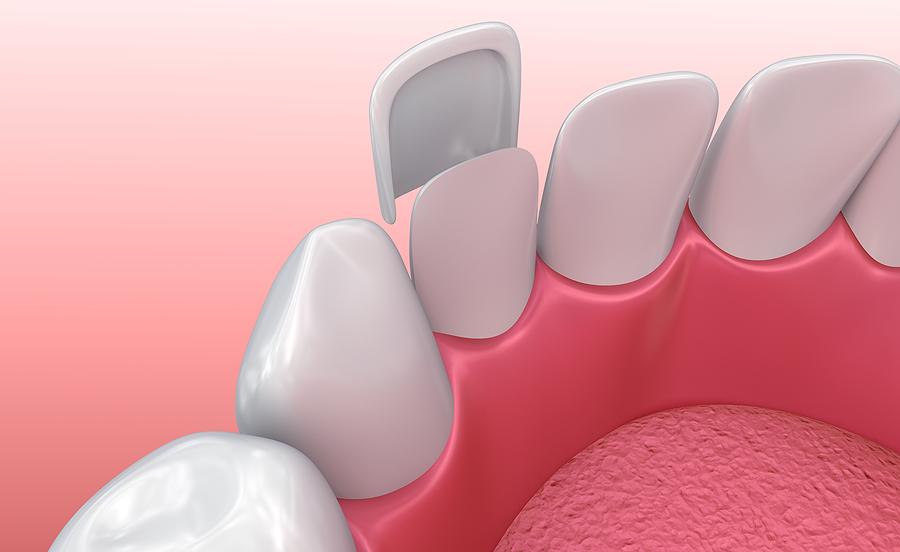When it comes to dental health, few procedures stir as much curiosity and concern as root canal therapy. Many people are familiar with the basic concept but often find themselves asking: what happens next? After undergoing a root canal, you may hear your dentist mention something crucial—dental crowns. These protective caps play an essential role in ensuring the long-term success of your treatment. But why are they so important? Let’s dive deeper into this topic and explore what you need to know about dental crowns after root canal therapy, especially if you're considering options like Root Canals or Crowns In Alachua, FL.
Understanding Root Canal Therapy
Root canal therapy is a dental procedure designed to save a tooth that has become infected or severely decayed. The process involves removing the pulp, which is the innermost part of the tooth containing nerves and blood vessels.
During treatment, your dentist will create an opening in the crown of the tooth to access this pulp. Once removed, they clean and disinfect the inner chamber before sealing it with a special material. This helps prevent future infections.
People often associate root canals with pain; however, modern techniques typically ensure minimal discomfort. Many patients report feeling relief soon after treatment as pressure from infection diminishes.
Understanding this procedure can help alleviate fears and misconceptions surrounding it. Knowing what happens during root canal therapy sets the stage for why additional measures—like dental crowns—are crucial for maintaining your oral health afterward.
The Importance of Dental Crowns
Dental crowns play a vital role in restoring the health and function of your teeth. They act as protective caps that cover damaged or weakened teeth, providing strength and durability.
These restorations help to maintain the structure of your tooth while promoting proper chewing functionality. A crown can also improve aesthetics, giving you a natural-looking smile after significant dental work.
Moreover, dental crowns prevent further decay by sealing off areas that may be susceptible to bacteria. This is particularly important after procedures like root canal therapy when a tooth may become fragile.
Choosing the right material for a crown—be it porcelain, metal, or ceramic—is essential for achieving both longevity and visual appeal. Each option offers unique benefits tailored to individual needs.
In many cases, they are an investment in oral health that pays dividends down the line by saving you from more extensive treatments later on.
Reasons for Needing a Crown After Root Canal Therapy
After undergoing root canal therapy, your tooth may be structurally compromised. The procedure removes infected tissue, which often weakens the remaining tooth structure.
- A crown serves as a protective barrier. It helps restore strength and prevents further damage. Since the treated tooth can become brittle over time, a crown offers much-needed support.
- Another reason for opting for a crown is to improve aesthetics. Root canal therapy might leave your tooth discolored or misshapen. A well-fitted crown can enhance its appearance dramatically.
- Additionally, dental crowns help maintain proper bite alignment by distributing chewing forces evenly across all teeth. This balance is essential for oral health and comfort.
- A crown enhances longevity. With proper care, it can last many years while safeguarding your investment in root canal treatment. Contact us to learn more.
The Process of Getting a Dental Crown
Getting a dental crown involves several steps that ensure your tooth is well protected. First, your dentist will prepare the affected tooth. This often includes removing any decay and reshaping it for the crown.
Next, impressions of your tooth are taken. These impressions help in creating a custom fit for your new crown. While waiting for the permanent crown to be made, a temporary one may be placed to protect your tooth.
Once ready, you'll return to have the permanent crown fitted. Your dentist checks its alignment and bites before securely cementing it in place. Adjustments might happen at this stage to ensure comfort.
After everything is set, you’ll receive care instructions on maintaining both your new crown and overall oral health. The process is designed to restore functionality while also enhancing aesthetics.
Caring for Your Dental Crown and Teeth After Root Canal Therapy
Caring for your dental crown and teeth after root canal therapy is essential for long-term success.
- Start by maintaining a diligent oral hygiene routine. Brush twice daily with fluoride toothpaste, focusing on the area around the crown.
- Flossing is equally important. It helps remove food particles and plaque that can accumulate near the gum line. Be gentle around your crowned tooth to avoid damaging it.
- Avoid hard or sticky foods that could put excessive pressure on your crown. Chewing ice or biting down on tough candies can lead to cracks or dislodgment.
- Regular dental check-ups are crucial too. Schedule visits every six months so your dentist can monitor the health of your crown and surrounding teeth.
- Stay mindful of any discomfort or changes in sensation around the crowned area, as these may signal potential issues needing attention from a professional.
Conclusion
Root canal therapy is a common dental procedure that saves damaged teeth. After this treatment, many patients wonder if they need a dental crown. The reality is that crowns provide essential protection to the tooth and help maintain its function.
Dental crowns serve as a protective cap over your tooth, shielding it from further damage or decay. They restore strength and stability while enhancing the aesthetic appearance of your smile. Choosing to get a crown after root canal therapy can significantly impact long-term oral health and well-being.
There are several reasons why you might need a crown following root canals. First, root canal treatments often leave the tooth more brittle due to the removal of infected tissue. Without proper reinforcement, there's an increased risk of fractures or breaks during normal chewing activities.
The process for getting a dental crown typically involves two visits to your dentist. On the first visit, they will shape your tooth and take impressions for custom-fitted crowns in Alachua, FL. During this appointment, you may receive a temporary crown until your permanent one is ready.
Caring for both your dental crown and overall oral health post-treatment is crucial for longevity. Regular brushing and flossing remain vital practices alongside routine dental check-ups to ensure everything remains in good condition.
Dental crowns play an integral role after root canal therapy by providing protection and support where it's needed most. Prioritizing these procedures helps preserve not only individual teeth but also enhances confidence through improved smiles.
So, to get your crowns and bridges done, get in touch with us at Allin Dental Care. We are located at 14601 NW 140th St, Alachua, FL 32615. Give us a call at (386) 418-3636 for bookings and consultations or email us at allindentalcare@gmail.com in case of any query or concern. Visit our official website today to get more information about the services we provide.
More Blog Posts
Location
14601 NW 140th St,
Alachua, FL 32615
Office Hours
MON - WED9:00 am - 1:00 pm
THU - FRI8:30 am - 4:30 pm
SAT - SUNClosed
14601 NW 140th St,
Alachua, FL, 32615
Phone: (386) 418-3636Text Us: (386) 418-3636





